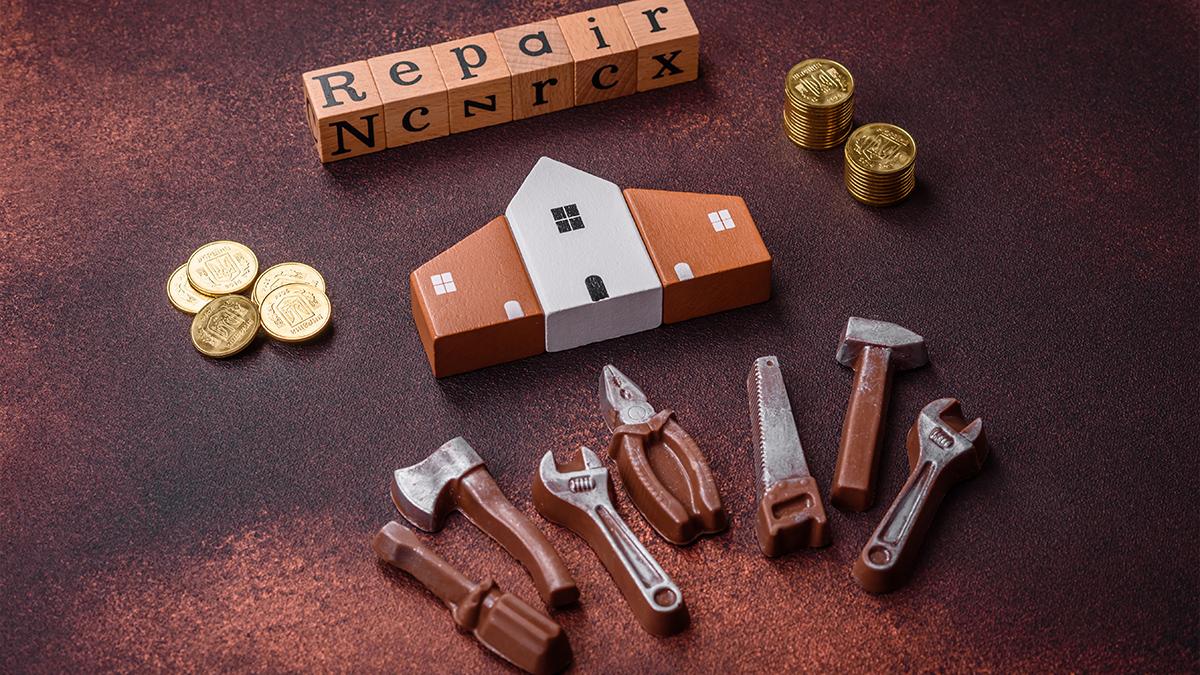Buying a new home can be both challenging and exciting, with home inspections being crucial for identifying potential issues and negotiating with the seller. Despite the potential for fear during the discussion process, it’s essential to ensure the best deal and avoid buying a house with numerous issues.
Understanding the home inspection report
Home buyers should read the report to figure out what problems need to be fixed and how to get them fixed. The report places worries from most to least important and calls attention to major system problems like those with the roof, HVAC, power, or water. During the inspection, it is important to make note of any safety or building code violations, as buyers often wait for the seller to fix these problems before going through with the deal. Knowing about these upkeep needs can help you negotiate better and avoid big problems in the future. You can reach a fair agreement on maintenance tasks and costs by carefully reading the inspection report before negotiating.

Prioritizing necessary home repairs
To begin, divide the fixes into three main groups:
- Safety and code violations: These are the most important problems that need to be fixed right away because they put your safety and the safety of others in the home at risk. This includes things like bad wiring, damage to the structure, or big water leaks.
- Major system failures: You should pay special attention to problems with the roof, HVAC, or items that are important to the home’s main systems. People who buy these may have to pay a lot of money to fix them themselves.
- Repairs and appearance changes: You should still talk about these, but things like small holes in the wall, old fixtures, or worn floors are usually not as important as the first two groups.

The goal is to come to a good deal that protects both your interests as a buyer and the interests of the home seller. You can get the best result if you think things through and focus on negotiating.
1. Obtain from qualified contractors on how much the repairs will cost:
- To show the full range of prices, get quotes for both work and supplies.
- You shouldn’t just guess when you talk to the seller; use these real numbers instead.
2. Talk to the seller about the repairs you need to make:
- Clearly explain the fixes that were marked as important in the inspection report.
- Talk about how these problems might affect safety and how much they might cost in the long run.
- Show the seller the quotes from the contractors and ask them to either make the fixes or give you a credit at close to cover the costs.
3. Stay flexible and willing to make deals:
- If you ask for certain repairs, the seller might say no, so be ready to barter and try to find a middle ground.
- You could split the costs of big systems or have the seller take care of the important problems while you do the cheaper, more minor ones.
- Keep the conversation positive and focused on finding a solution. Don’t make changes or threats; instead, try to reach a fair deal that works for everyone.
- You can successfully discuss replacement costs if you are patient, and use facts to back up your claims.
Real estate in Vancouver
With extensive knowledge and unwavering dedication to customers, Matin Homes is the perfect choice for anybody seeking to purchase or sell a home in the Greater Vancouver area.

